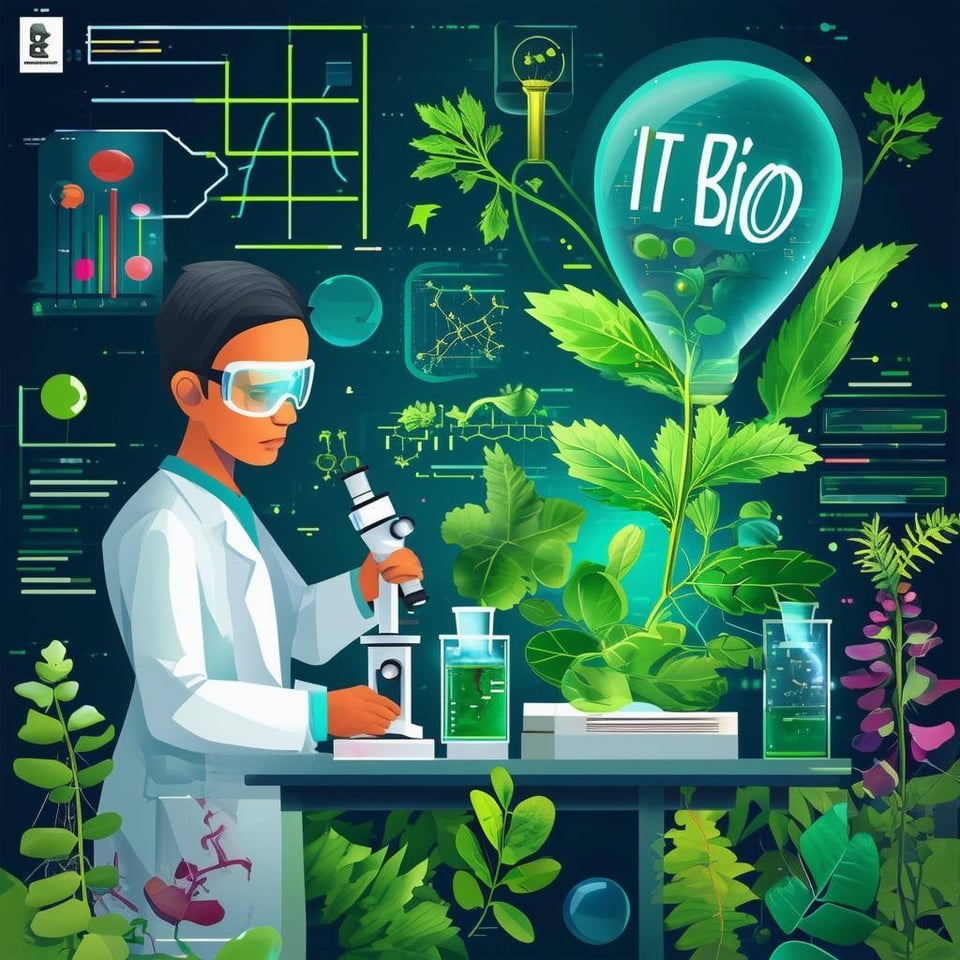Explore the critical factors behind surging computer costs and discover how the evolving technology...
How IT Enhances Vivarium Operations and Regulatory Compliance

In the biomedical research industry, the integration of information technology in vivarium operations has revolutionized the way these facilities function, ensuring compliance with rigorous regulations and enhancing operational efficiency.
The Role of Information Technology in Modern Vivarium Operations
Information technology has become a cornerstone in modern vivarium operations. It facilitates the monitoring and control of various environmental parameters such as temperature, humidity, and lighting, which are crucial for maintaining the health and well-being of research animals. Automated systems equipped with sensors and data analytics software can provide real-time updates and alerts, ensuring that any deviations from the optimal conditions are promptly addressed.
Moreover, IT systems streamline the management of animal inventories, experimental protocols, and data collection. This not only enhances the accuracy and reliability of research but also reduces the administrative burden on staff, allowing them to focus more on critical scientific activities.
Ensuring Compliance with Regulatory Standards Through IT
Compliance with regulatory standards is a non-negotiable aspect of vivarium operations. Information technology plays a pivotal role in ensuring that these standards are consistently met. Advanced IT solutions can automate the documentation and reporting processes, making it easier to adhere to guidelines set forth by bodies such as the Institutional Animal Care and Use Committee (IACUC) and other regulatory agencies.
These systems can also provide audit trails and generate compliance reports, which are essential during inspections and evaluations. By leveraging IT, vivarium facilities can ensure that they meet all regulatory requirements efficiently and effectively, thereby minimizing the risk of non-compliance and potential penalties.
Enhancing Operational Efficiency with Managed IT Services
Managed IT services offer a comprehensive approach to enhancing operational efficiency in vivarium settings. By outsourcing IT management to specialized service providers, like InfoPathways, vivarium facilities can benefit from expert support in maintaining and upgrading their IT infrastructure. These providers can handle everything from network security to data backups, ensuring that the vivarium's IT systems are always running smoothly.
With managed IT services, facilities can also implement advanced technologies such as cloud computing and machine learning to further optimize their operations. This not only reduces downtime and improves data accessibility but also allows for more scalable and flexible IT solutions that can adapt to the evolving needs of the research environment.
Special IT Requirements for BSL-3 Units
BSL-3 (Biosafety Level 3) units have stringent requirements to ensure the safety of personnel and the integrity of research involving dangerous pathogens. IT systems in these units must be robust and secure, capable of handling sensitive data and providing real-time monitoring of critical parameters such as air pressure differentials and HEPA filter status.
Additionally, IT solutions for BSL-3 units often include advanced access control systems and surveillance technologies to prevent unauthorized entry and ensure compliance with safety protocols. By integrating these specialized IT requirements, BSL-3 units can maintain the highest standards of biosafety and operational efficiency.
Future Trends in IT and Vivarium Management
The future of vivarium management will undoubtedly be shaped by advancements in information technology. Emerging trends such as the Internet of Things (IoT), artificial intelligence (AI), and blockchain technology are set to revolutionize the way vivarium facilities operate. IoT devices can provide even more granular control and monitoring of environmental conditions, while AI can be used to predict and prevent potential issues before they occur.
As these technologies continue to evolve, vivarium facilities that embrace them will be better positioned to achieve greater efficiency, accuracy, and compliance in their operations.

